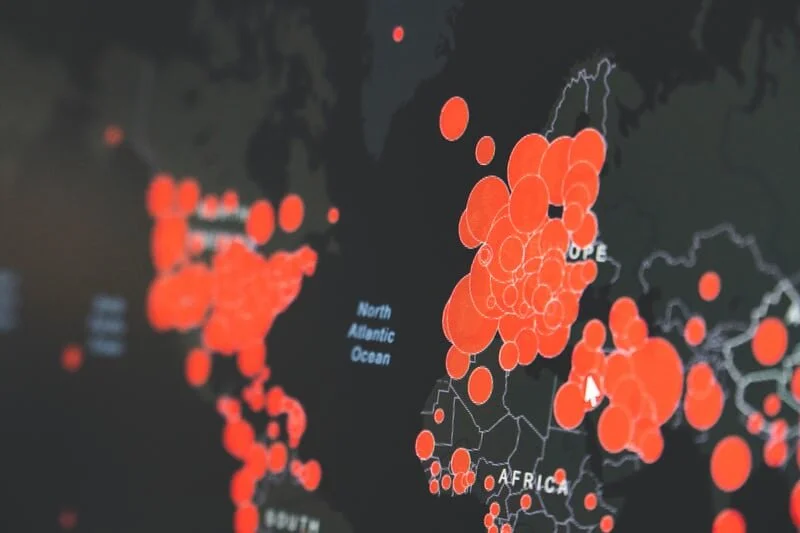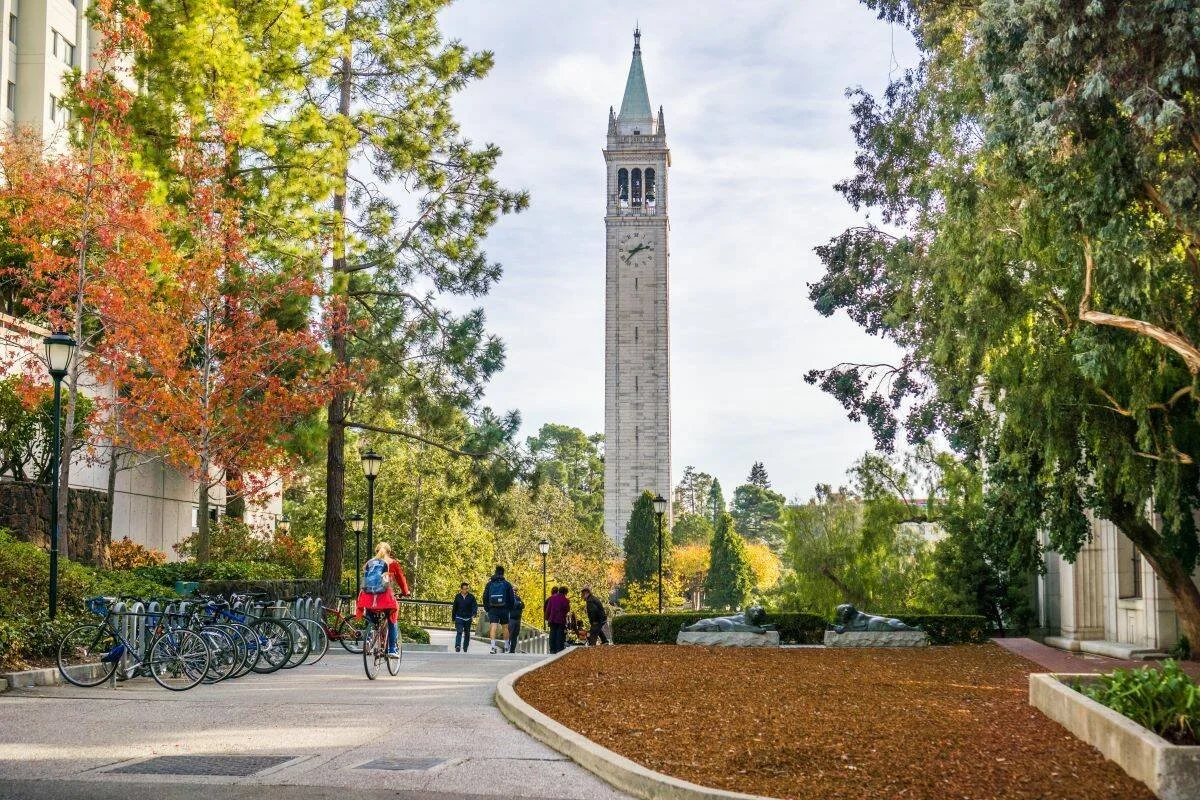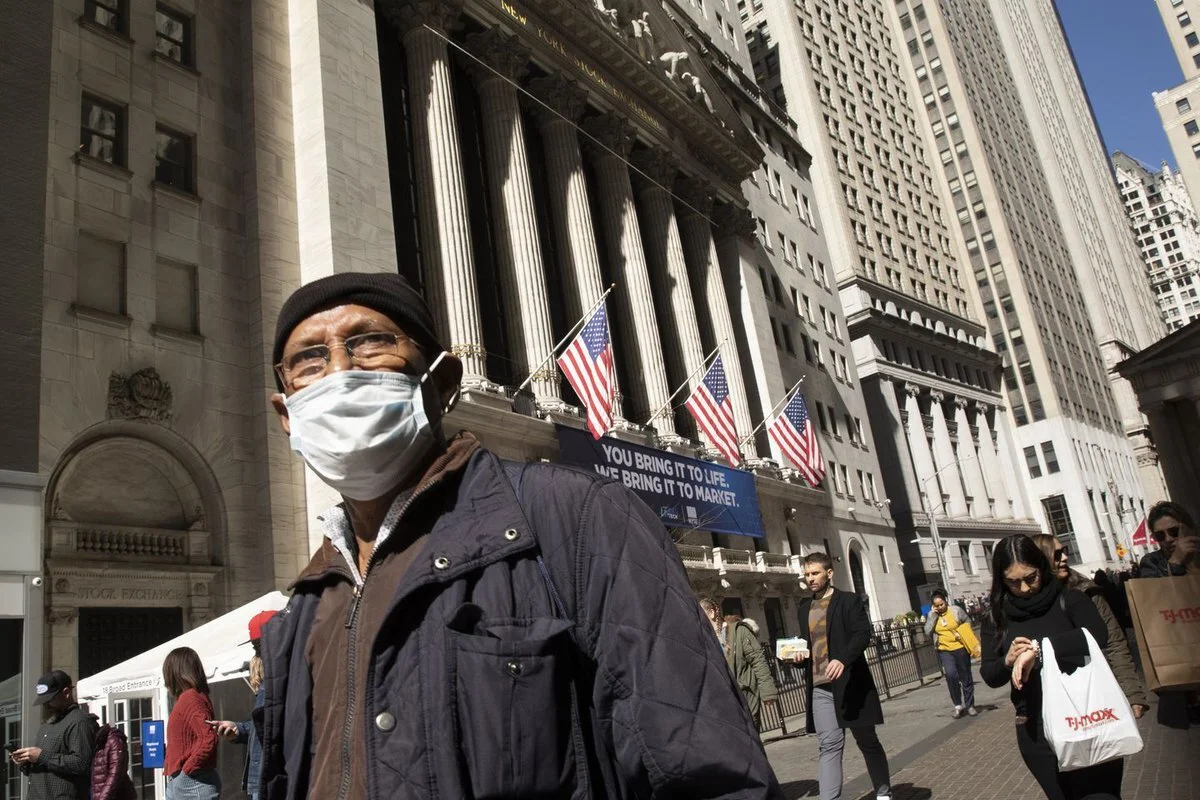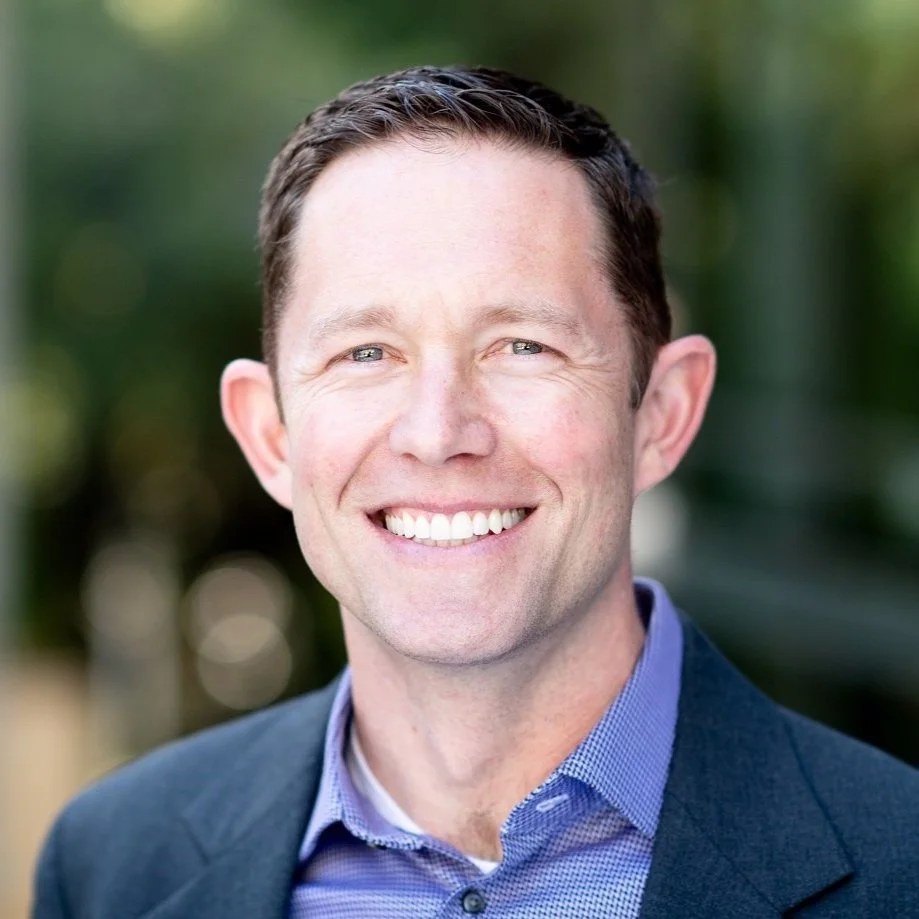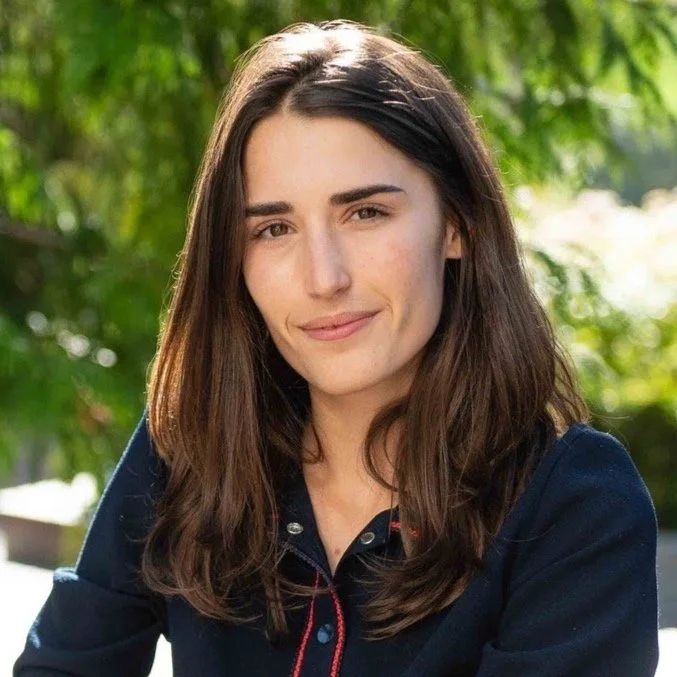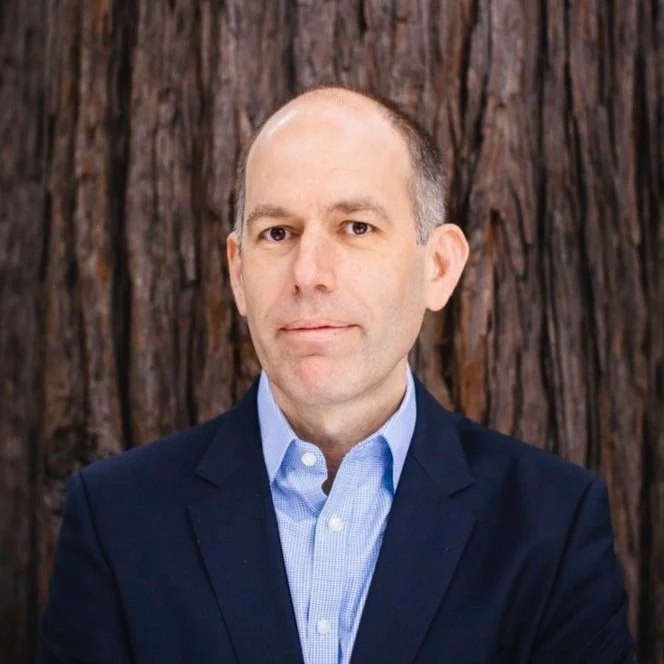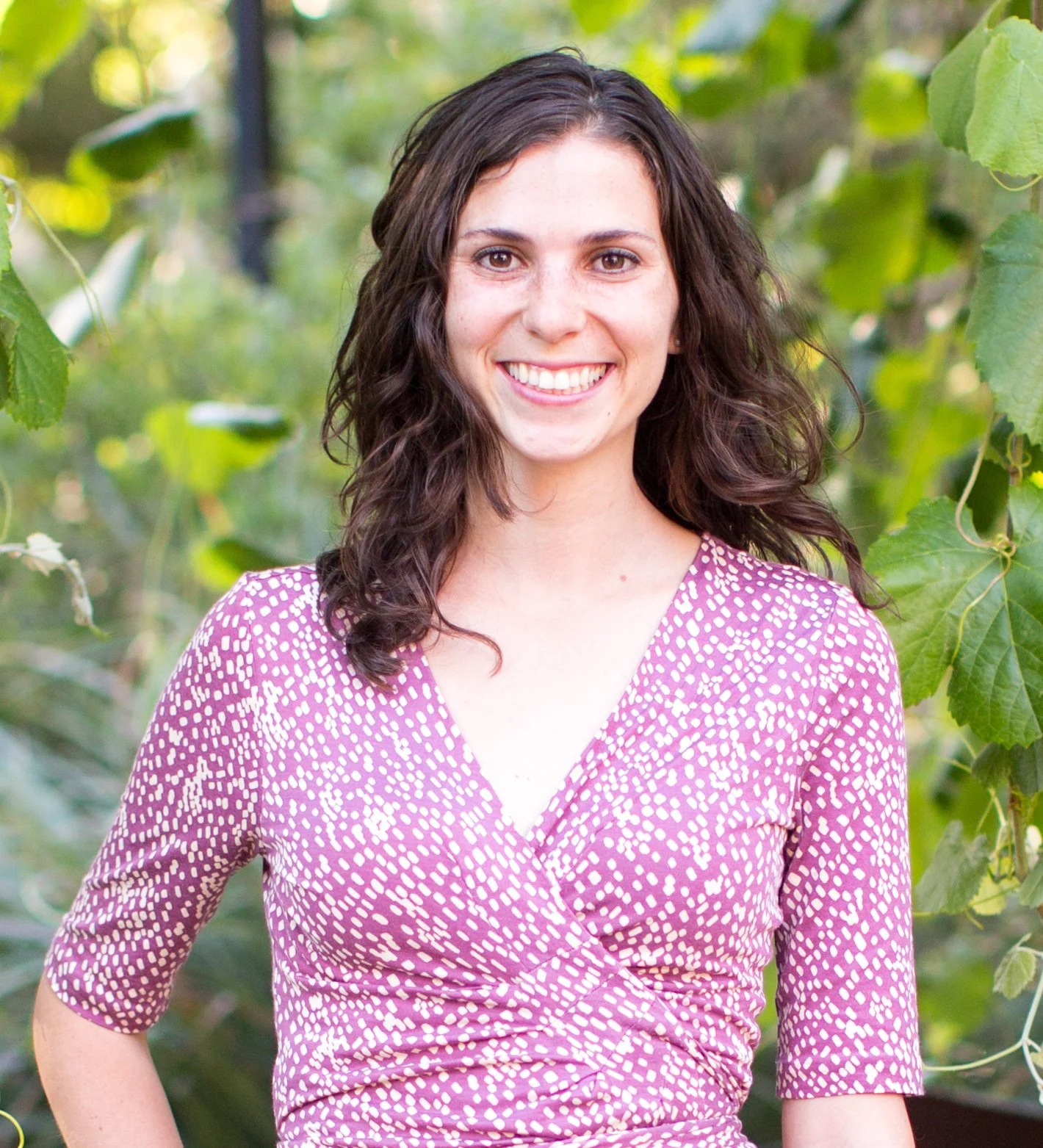Edward Miguel
Distinguished Professor of Economics; Oxfam Professor in Environmental and Resource Economics; Faculty Co-Director of the Center for Effective Global Action (CEGA)
Edward Miguel is the Oxfam Professor of Environmental and Resource Economics, and Faculty Director of the Center for Effective Global Action (CEGA). Miguel's main research focus is African economic development, including work on the economic causes and consequences of violence; the impact of ethnic divisions on local collective action; and interactions between health, education, environment, and productivity for the poor.
Miguel is a recipient of the 2012 U.C. Berkeley campus-wide Distinguished Teaching Award and the Best Graduate Adviser Award in the Berkeley Economics Department. He has written two books, Africa's Turn? (MIT Press 2009), and, with Ray Fisman, Economic Gangsters: Corruption, Violence and the Poverty of Nations (Princeton University Press 2008). Miguel's other writing has appeared in Foreign Affairs, Forbes, and the New York Times.







